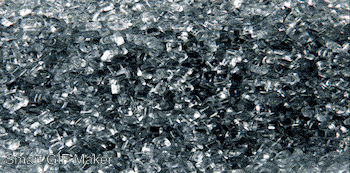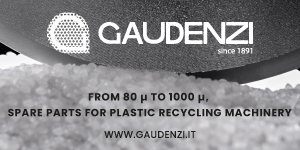Luxembourg, 31 January 2024
The European legislature did not make a manifest error when it adopted a prohibition in line with the objective of protecting the environment and human health
In order to limit their impact on the environment, the European legislature adopted a directive 1 in 2019 prohibiting, inter alia, the placing on the market of products made from oxo-degradable plastic 2. Symphony Environmental Technologies and Symphony Environmental, companies established in the United Kingdom, develop, produce and market certain specialised plastic products together with the additives used for making them.
They produce a pro-oxidant additive which, in their view, enables plastic to biodegrade more quickly than oxo- degradable plastic. Those two companies seek compensation for the damage suffered in so far as the prohibition on the placing on the market of oxo-degradable plastic applies to plastic which they classify as ‘oxo-biodegradable’.
The General Court dismisses the action.
According to the General Court, the European legislature did not make a manifest error in prohibiting the placing on the market of products made from plastic containing a pro-oxidant additive 3. According to the scientific studies available when the directive was adopted, the level of biodegradation of that plastic is low to non-existent in an open environment, in landfill or in the marine environment.
In addition, plastic containing a pro-oxidant additive is not suitable for any form of composting. Lastly, recycling such plastic is problematic since the technologies available do not allow reprocessors to identify plastic containing a pro-oxidant additive and to sort it from conventional plastic.
The General Court also observes that the prohibition on placing on the market of products made from plastic containing a pro-oxidant additive does not infringe the principle of proportionality. That prohibition is in line with the 2019 directive’s objective of protecting the environment and human health.
Finally, the prohibition in question does not infringe the principle of equal treatment, since products made from plastic containing a pro-oxidant additive are not in a situation comparable with products made from conventional plastic. The more rapid fragmentation of plastic containing a pro-oxidant additive can have an increased negative impact on the environment since its biodegradation is concentrated over a shorter period. Furthermore, products made from plastic containing a pro-oxidant additive and those made from compostable plastic are not in a comparable situation.




































